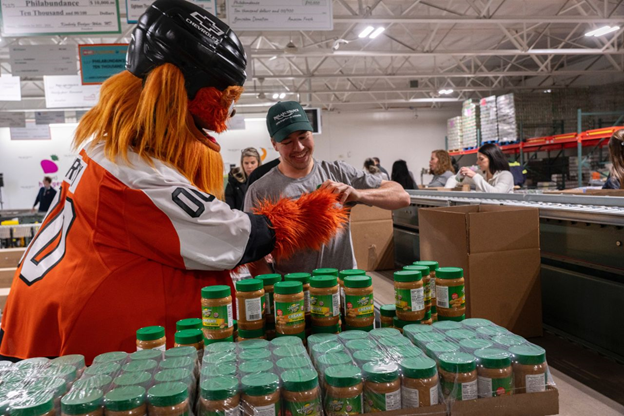The Supplemental Nutrition Assistance Program (SNAP) is a critical program that keeps people fed. Food is expensive and when someone is having trouble finding work or their hours are not enough, SNAP is there to help them stay healthy. We know that the majority of people who receive SNAP who can work are working. But when it is difficult to find a job or you face barriers, SNAP has been there, until recently.
Over the last year the United States Department of Agriculture (USDA) has issued three proposed rules that would cut SNAP benefits for a wide range of individuals. Thanks to the support of many thousands of people, comments opposed to these cuts were submitted to the USDA. Unfortunately, despite the harm the USDA has published a final rule that could cut 700,000 people nationally off of SNAP in April.
The USDA has decided to limit SNAP benefits for people they consider to be able-bodied working adults without dependents (ABWADs). This group is defined as people between the ages of 18-55 who do not have children and do not have a disability. They are considered to be people who should be working but for many they may not have the skills, education, or access to jobs in their area. Knowing the obstacles people face to work, the USDA has allowed states to provide waivers for people in areas where jobs are scarce. Many states, including Pennsylvania and New Jersey, are using these waivers. If this rule is implemented ABAWDs will be time limited to only receive SNAP for 3 months every 3 years unless they are working 20 hours a week.
This rule is scheduled to take effect in April of 2020. National groups are already planning legal challenges to try to stop the rule. Local groups will also educate people about this rule and work with the state to limit the impact of this rule as much as possible. While there is no immediate action for people to take, the more we talk about the importance of SNAP and how any cuts will hurt people in our communities, the more prepared and stronger we are to fight any cuts to SNAP.
Hunger is an issue of resources and access, worsened by the many existing obstacles people face: low-wage jobs, part-time hours, transportation challenges, the high cost of housing, and language barriers. There are many people in Philadelphia trying to find work but because of barriers and challenges they are unable to find steady employment. This rule will only increase hunger in our area that is already facing a hunger crisis. It will not help people find employment.
While Philabundance and other emergency food providers will continue to feed people who come to us, we know we cannot make up the difference of the SNAP program. Any cuts to the program will mean an even larger hunger crisis for our area.
Please check back to this site or sign up for our advocacy email list to get updates on this and any other rules impacting SNAP.




